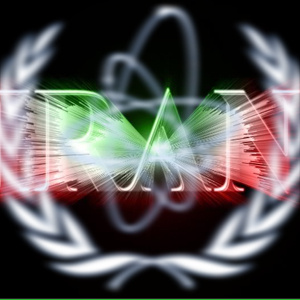America Has Stopped Meddling in Iran’s Domestic Affairs
By Hosein Salimi, university professor and Iran-US affairs analyst

Senior American officials stress that Obama is not following a regime change policy vis-à-vis Iran, but is committed to a dual-track approach, that is continuing negotiations in order to find a solution to the dispute over Iran’s nuclear program. Increasing economic pressures are deemed as an alternative if the negotiations fail to end in the desired result. Meanwhile, some observers believe that new U.S. sanctions will have a new purpose: to influence Iran’s domestic developments.
Hosein Salimi, university professor and Iran-US affairs analyst has commented on the issue:
In today’s world, and with the emergence of a new international structure, sanctions are no more effective tools to change the behavior of states. The case particularly holds true for Iran that has occasionally experienced periods of isolationist economy and unlike many other countries, is not dependent on global economy. Yes. Sanctions can bring hard times for a country, but they are never able to change its behavior.
Meanwhile, American decision-makers have now understood that they should not use sanctions as a tool to pressurize the Iranian regime to improve its domestic policies. Americans are now aware that any attempt to influence Iran’s internal politics will give create a more difficult situation for reform-seeking groups inside Iran.
Although a little late, United States has come to the correct understanding that in the mental framework of the Islamic Republic of Iran, connections with foreign powers and use of external leverage is a stain on reputation. Any movement for social reform thought to be supported by foreign powers will end in nowhere but defeat and will be rejected by the Iranian society.
It is heartwarming to see that a key part of the American decision-making circle has come to this conclusion. Aware of this fact, from now on the United States will discard –at least on the surface- the traditional mentality that justified the use of any tool to carry out change from inside the Iranian society.
Hosein Salimi, university professor and Iran-US affairs analyst has commented on the issue:
In today’s world, and with the emergence of a new international structure, sanctions are no more effective tools to change the behavior of states. The case particularly holds true for Iran that has occasionally experienced periods of isolationist economy and unlike many other countries, is not dependent on global economy. Yes. Sanctions can bring hard times for a country, but they are never able to change its behavior.
Meanwhile, American decision-makers have now understood that they should not use sanctions as a tool to pressurize the Iranian regime to improve its domestic policies. Americans are now aware that any attempt to influence Iran’s internal politics will give create a more difficult situation for reform-seeking groups inside Iran.
Although a little late, United States has come to the correct understanding that in the mental framework of the Islamic Republic of Iran, connections with foreign powers and use of external leverage is a stain on reputation. Any movement for social reform thought to be supported by foreign powers will end in nowhere but defeat and will be rejected by the Iranian society.
It is heartwarming to see that a key part of the American decision-making circle has come to this conclusion. Aware of this fact, from now on the United States will discard –at least on the surface- the traditional mentality that justified the use of any tool to carry out change from inside the Iranian society.

